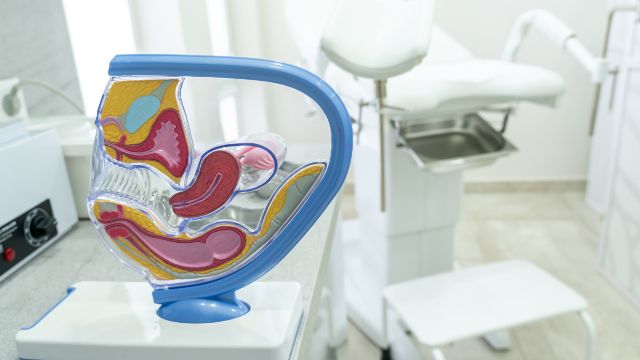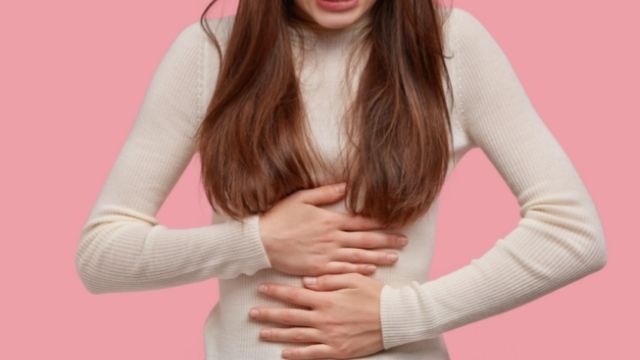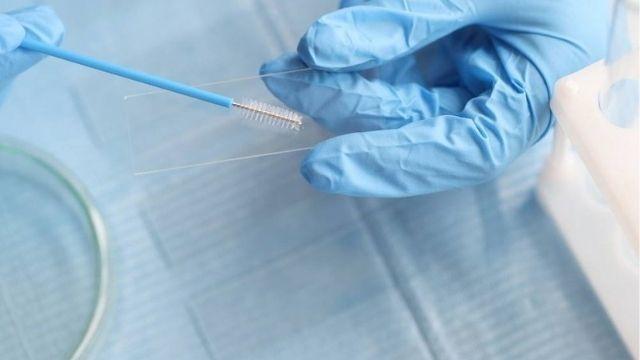Problems Of Adolescence
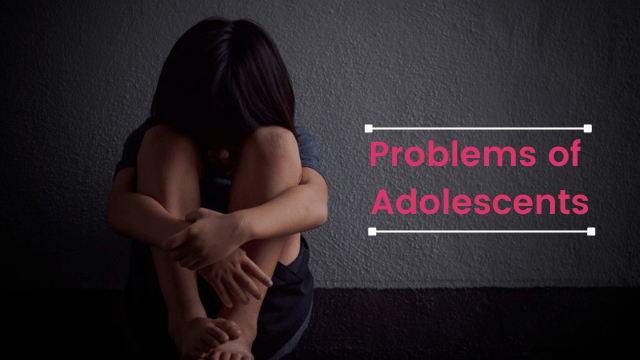
Overview
Adolescents mostly have sound bodily and emotional well-being. It’s becoming more common for adolescents to develop chronic illnesses, including obesity-related problems, earlier in life.
Childhood ailments persist into adolescence, mental health difficulties, and the repercussions of dangerous or unlawful activity, such as legal implications, pregnancy, and infectious infections, are among the most prevalent teenage problems. Among teenagers, the most common causes of mortality and disability are injuries sustained in car accidents and acts of aggression against one another.
Everything You Need to Know About Problems Of Adolescence
Adolescent Problems | Violence and Aggression | Psychological Problems | Substance Use and Abuse | Health Problems | Conclusion
What are adolescent problems?
There are no easy times for children or their parents throughout adolescence. Only by being aware of one’s requirements and prepared to confront them can one cope with the challenges of this age. There is a direct correlation between parent-adolescent disputes that generate insecurity, instability, and pubertal maturation. It’s possible that teaching your kid how to resolve disagreement constructively can improve their sense of responsibility and social skills. Here are a few of the most prevalent issues that people run across.
Sub Treatments For Gynecology
We are one of the Best IVF Clinic in Delhi NCR!
51.8K
Subscribers
4.6 (383 reviews)
4.5 (409 reviews)
3.5 (254 reviews)

5 Out Of 5
Violence and aggression
Adolescent guys are particularly vulnerable to aggression. Muscles, height, and a male voice appear in young boys reaching puberty. Their moodiness and vulnerability make them susceptible to being taken advantage of by other people.
At school, adolescent guys may get into a brawl.
- Falling into the wrong crowd may lure boys towards acts of violence, vandalism, and hostility if they fall into the wrong crowd. They, too, maybe persuaded to purchase or use a weapon.
- The effects of impulsive acts of violence, such as murder, may be severe and fatal. According to a WHO study, 180 teenagers die each year because of interpersonal violence.
- A partner’s violence or aggressiveness is more likely to affect teenage females.
Psychological problems
According to a new study, around half of individuals’ mental health illnesses began around 14. During adolescence, stress and mood disorders are the most frequent forms of mental illness. In this age bracket, social phobias and panic attacks are widespread. According to certain studies, girls may be more susceptible to developing depression than males.
- A lack of self-esteem or self-confidence is not uncommon among adolescents. It is common for people to have negative or positive self-perceptions based on their physical characteristics, such as skin tone, facial features, and body shape and size.
- A low IQ or poor academic record may also demotivate students. They gain a mindset that they are not good enough.
- Anxiety and depression are two of the most frequent emotional issues that affect adolescents.
- Because of adolescent stress, strain, and mood swings, conduct disorder or oppositional defiant disorder may develop.
- Adolescents with low self-esteem and a desire to change their appearance by any means are at the root of eating disorders, which are also psychosomatic.
Substance Use and Abuse
Teenagers are readily lured to the wrong side since they are so impressionable. Parents throughout the globe have a significant challenge with teenage substance usage.
- Peer pressure is a major influence in teenage drug and alcohol use and smoking and drinking.
- Most kids attempt smoking or drinking before they are of legal age because of their inclination to take risks.
- If left uncontrolled, a ‘thrill’ might turn into a habit.
- Adolescents with low self-esteem and a desire to fit in might be tempted to smoke or drink.
- A rise in the availability of cigarettes, alcohol, narcotics, and anabolic steroids may enhance the desire to experiment with illegal substances.
Health problems
Adolescents’ mental and physical well-being is at risk, and they are vulnerable to sickness if they do not get enough diet and medical attention. The World Health Organization (WHO) reported in 2015 that 1.3 million adolescents died of avoidable illnesses 2015.
- There is little time for good nutrition or relaxation in the frantic pace of adolescence. Children can’t receive the nourishment they need because of their bad eating habits.
- Girls are more susceptible to developing eating problems because they are more concerned about their appearance. Anorexia and bulimia may develop in adolescent females self-conscious about their weight and looks.
- Stress may also cause a decrease in a child’s appetite and a lack of sleep.
- An unhealthy diet and lack of physical activity may also contribute to weight gain in children; this is especially true if your kid regularly eats empty calories from fast food and drinks.
Conclusion
WHO has developed the Global Action for Measurement of Adolescent Health Advisory Group (GAMA) along with other international organizations such as the United Nations Children’s Fund (UNICEF) and World Bank Group (WFP). GAMA has defined a core set of adolescent health indicators to coordinate efforts to monitor and report teenage health.
If your child is dealing with any issues, consult a healthcare provider.
Our Expert Team
Dr. Gunjan Gupta Govil
Founder & Director
Founder, Director & Gynaecologist with specialization in IVF, Infertility & Laparoscopy of 20+ years of experience.
(20+ years of experience)

Dr. Pradyot Kumar
Founder, CEO and a specialized Neurosurgeon who is an expert in complex Brain and Spine surgeries.
(25+ years of experience)

Mr. Gaurav Singhai
COO and an entrepreneur who co-founded Gujan IVF world along with Dr Gunjan and Dr Pradyot.
(5+ years of experience)

Paritosh Sarkar
Embryologist
He is a highly experienced and successful Embryologist with more than 10 years of experience in IVF.
(10+ years of experience)
Patient Guide
Along with treating our patients, we also guide them with the help of our educational blogs and videos.
Educational Blogs

Why do blastocyst not implant?
The reasons for an unsuccessful implantation are very uncommon and rare as well. Blastocyst provides a greater chance of becoming pregnant therefore the procedure is handled properly as well.

What happens after blastocyst transfer?
Before jumping to the immediate question first let’s have a small brief of what is blastocyst transfer. Blastocyst transfer is the transfer of embryos that have achieved a higher stage of development.

Can blastocyst fall out?
Maximum patients worry about what they can do or cannot do after an embryo transfer. They have the fear that if they do something wrong, the embryo would not attach or fall out.
Educational Videos
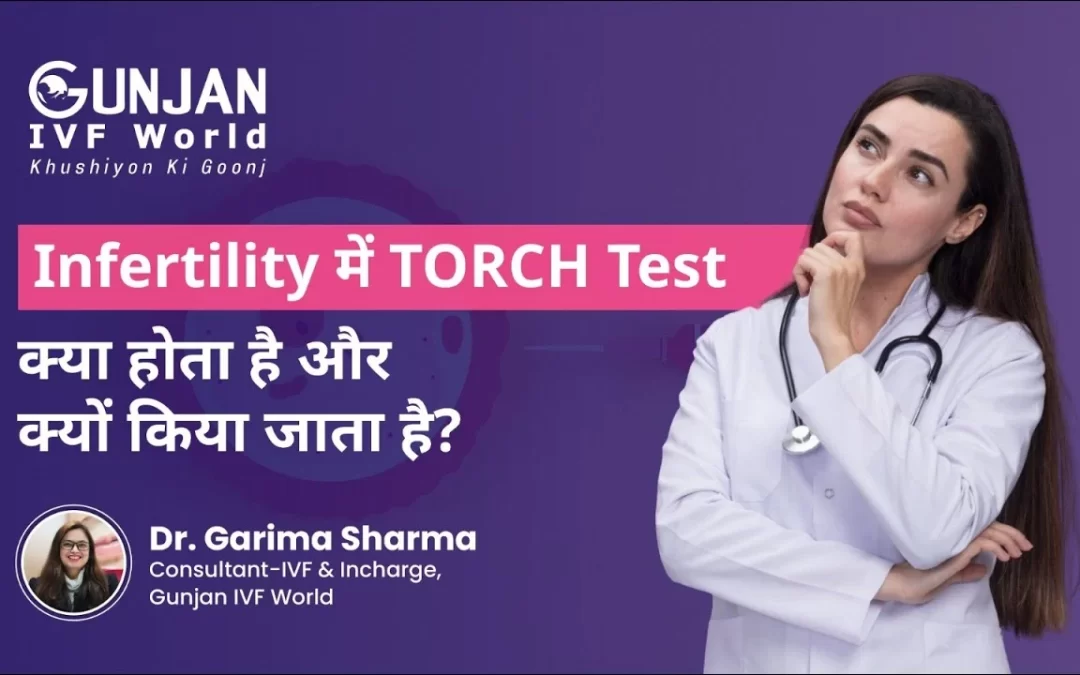
What is TORCH test in infertility and why is it done?
There are numerous tests that are available to infertile couples that are recommended by some doctors, which might help them determine the cause of their infertility. One such test is the TORCH test.
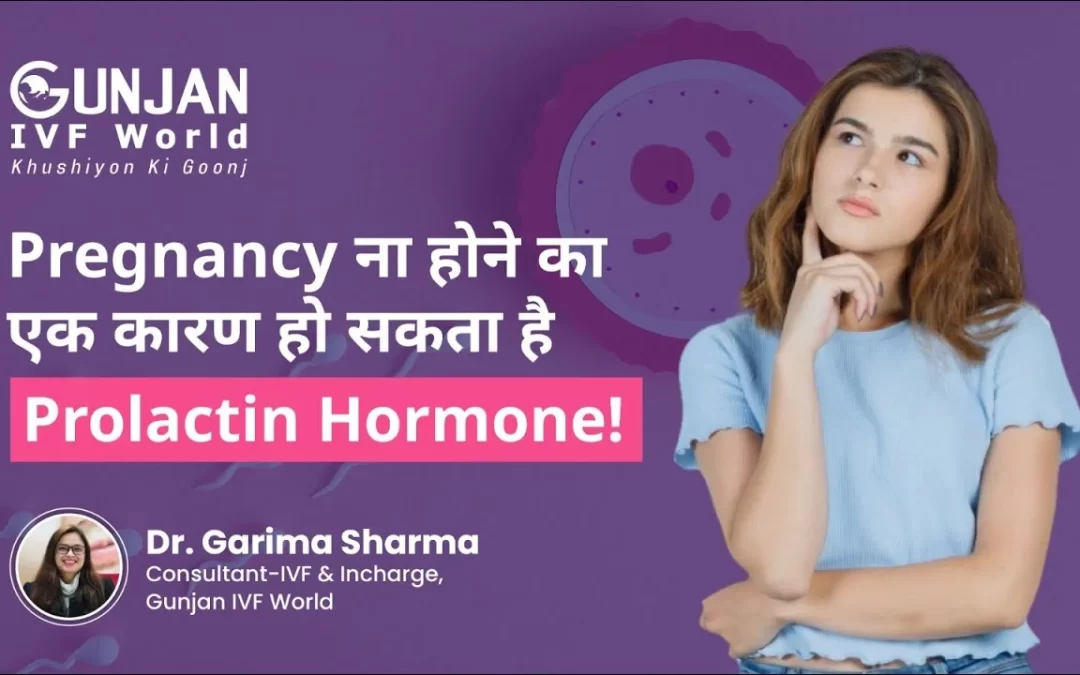
What is Prolactin Hormone?
Prolactin is a hormone produced by the pituitary gland present at the brain’s base. It is best known for its role in lactation, or milk production, in breastfeeding women.However, Prolactin also plays other important roles in both men and women, such as regulating the immune system, stimulating the growth of new blood vessels, and influencing behaviour and reproductive function. In this blog, we will explore what Prolactin is, how it works, and what happens when there are imbalances in prolactin levels.
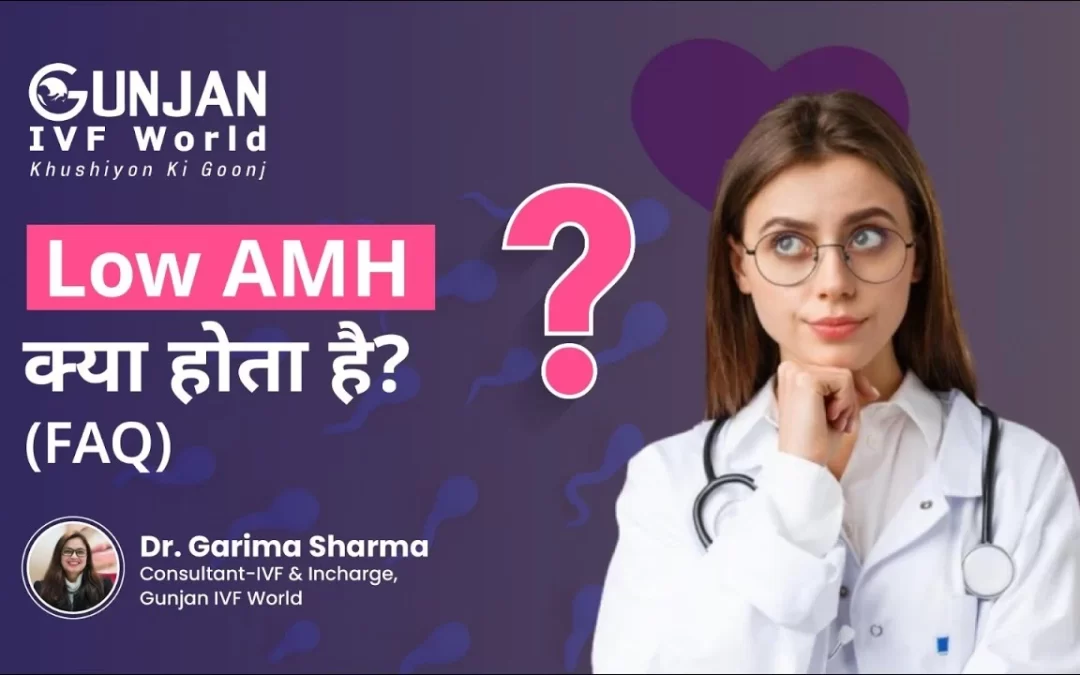
Frequently Asked Questions about Low AMH
Primordial and Preantral follicles produce AMH. So the AMH level indicates the number of eggs or egg reserves you have in your ovary. Putting simply, if your AMH level is low, then the number of eggs in your ovary is less.
Frequently Asked Questions
Does testicular temperature have an impact on male fertility
IVF specialists of the best IVF centre in Ghaziabad – Gunjan IVF World share an informative blog on one of the most ignored factors of male infertility. It is an alarming fact to...
Is male menopause a myth or reality ?
IVF specialists of the best IVF centre in Ghaziabad – Gunjan IVF World debunk the myths about male menopause through this informative blog Menopause as a term is extremely common...
Can smoking cause fertility problems in men?
IVF specialists of the best IVF centre in Ghaziabad – Gunjan IVF World share valuable insights on how smoking leads to infertility in men. Becoming parents is one of the greatest...



